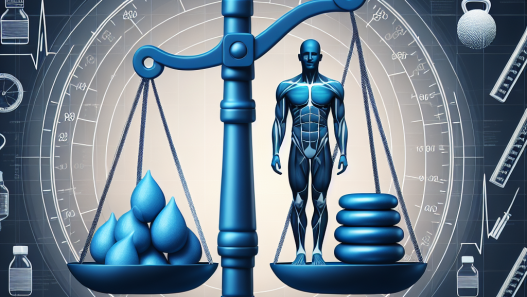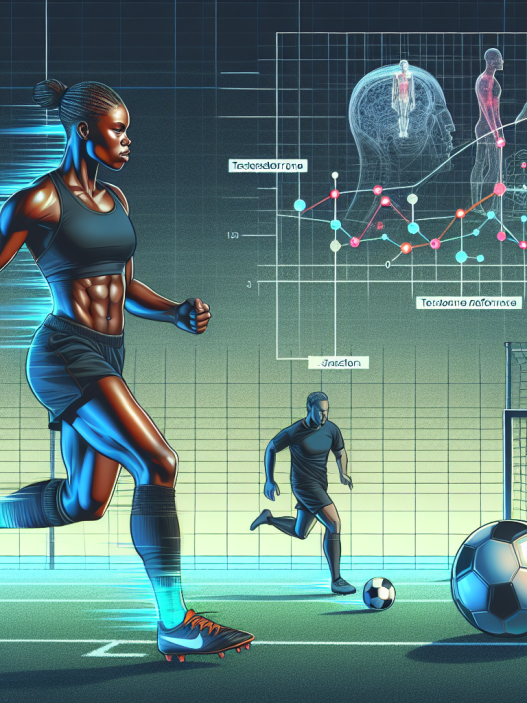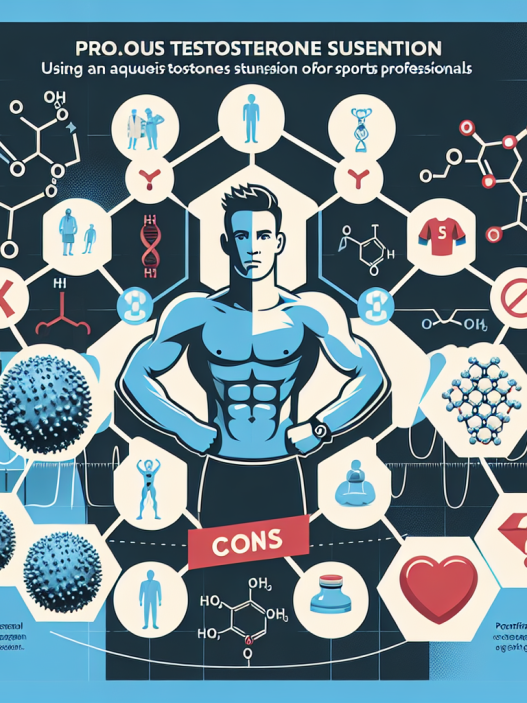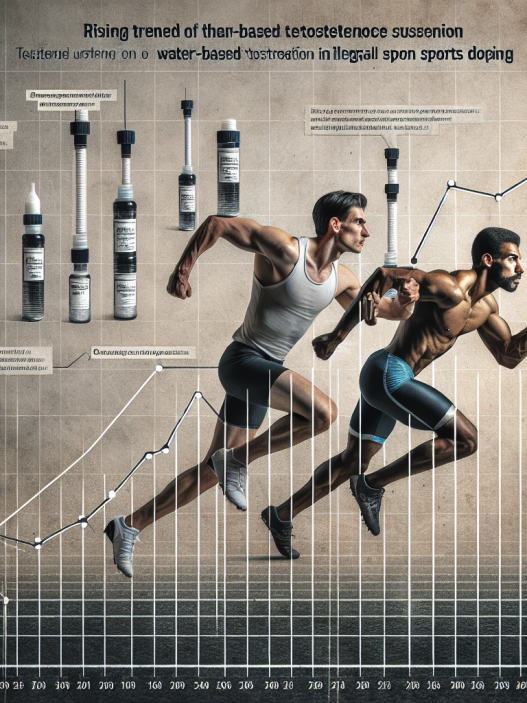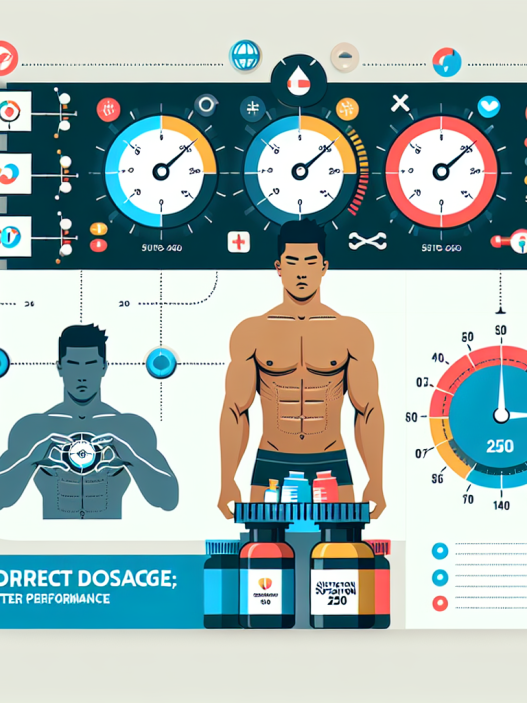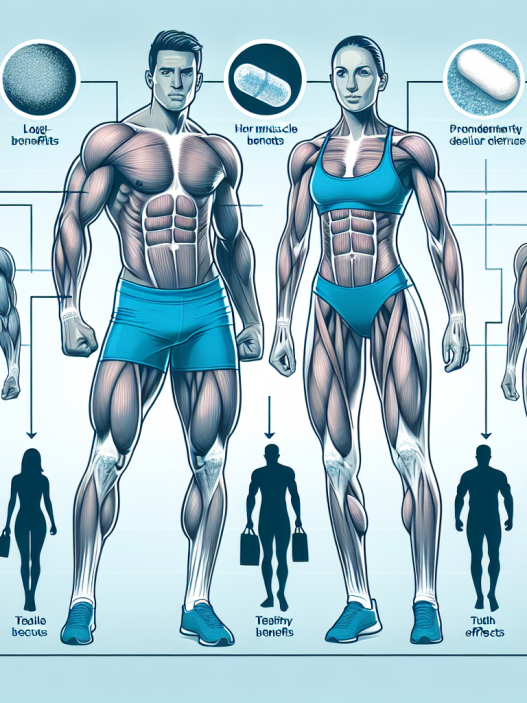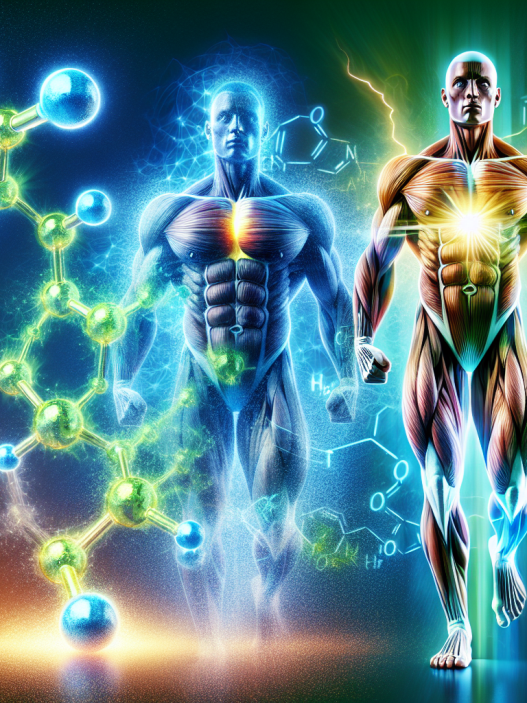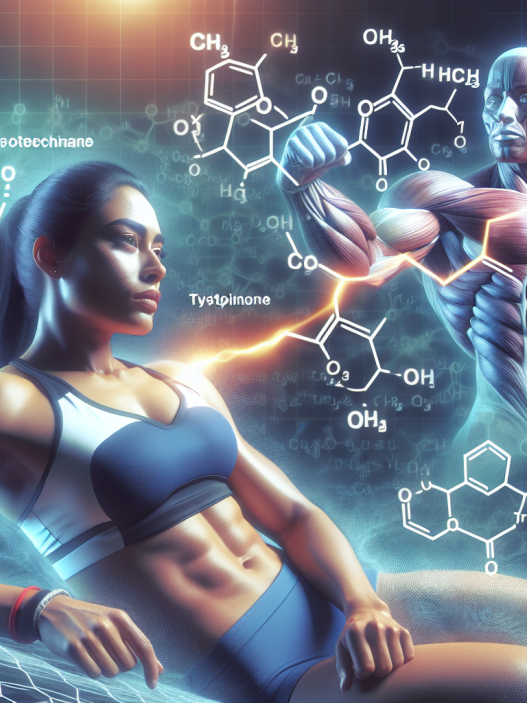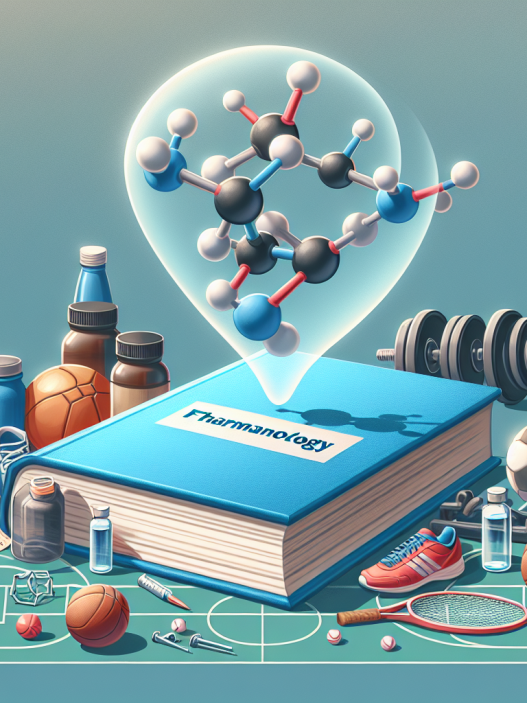-
Table of Contents
The Importance of Testosterone in Achieving Sports Goals
Testosterone is a hormone that plays a crucial role in the development and maintenance of male characteristics. It is also known to have a significant impact on athletic performance and is often used by athletes to enhance their physical abilities. In this article, we will explore the importance of testosterone in achieving sports goals and its effects on the body.
The Role of Testosterone in the Body
Testosterone is primarily produced in the testicles in men and in smaller amounts in the ovaries and adrenal glands in women. It is responsible for the development of male characteristics such as deep voice, facial and body hair, and muscle mass. Testosterone also plays a role in sperm production and sex drive.
In addition to its role in sexual development, testosterone also has an impact on bone density, red blood cell production, and overall energy levels. It is also known to have an anabolic effect, meaning it promotes muscle growth and repair.
Testosterone and Athletic Performance
It is no secret that testosterone is often used by athletes to enhance their performance. This is because testosterone has been shown to increase muscle mass, strength, and endurance. It also improves recovery time, allowing athletes to train harder and more frequently.
Studies have shown that testosterone supplementation can increase muscle mass by up to 20% and strength by up to 50% (Bhasin et al. 1996). This makes it a highly sought-after substance for athletes looking to improve their physical abilities and achieve their sports goals.
Testosterone also has a significant impact on red blood cell production, which can improve oxygen delivery to muscles during exercise. This can lead to increased endurance and performance, especially in endurance sports such as long-distance running or cycling.
The Controversy Surrounding Testosterone Use in Sports
While testosterone can undoubtedly enhance athletic performance, its use in sports is highly controversial. The World Anti-Doping Agency (WADA) has banned the use of exogenous testosterone, meaning any form of testosterone that is not naturally produced by the body, in sports competitions.
This is because testosterone use can give athletes an unfair advantage over their competitors and goes against the principles of fair play. It can also have serious health consequences, such as liver damage, heart problems, and hormonal imbalances.
However, there is also a debate surrounding the use of testosterone replacement therapy (TRT) in sports. TRT is a medical treatment used to restore testosterone levels in individuals with low testosterone levels. Some argue that TRT should be allowed in sports as it is a legitimate medical treatment, while others believe it still gives athletes an unfair advantage.
The Importance of Proper Monitoring and Dosage
For athletes who are legally using testosterone for medical reasons, it is crucial to have proper monitoring and dosage to avoid any potential health risks. Testosterone levels should be regularly checked to ensure they are within the normal range, and dosages should be carefully adjusted to avoid any adverse effects.
It is also essential to note that testosterone use should always be accompanied by proper training and nutrition. Simply taking testosterone without putting in the necessary work will not lead to significant improvements in athletic performance.
Real-World Examples
There have been numerous cases of athletes using testosterone to enhance their performance in sports. One notable example is the case of Lance Armstrong, a professional cyclist who admitted to using testosterone and other performance-enhancing drugs during his career. He was stripped of his seven Tour de France titles and banned from professional cycling for life.
Another example is the case of sprinter Ben Johnson, who was stripped of his gold medal at the 1988 Olympics after testing positive for exogenous testosterone. These high-profile cases highlight the serious consequences of using testosterone in sports and the importance of fair play.
Conclusion
In conclusion, testosterone plays a crucial role in achieving sports goals and enhancing athletic performance. However, its use in sports is highly controversial and banned by WADA. Proper monitoring and dosage are essential for those using testosterone for medical reasons, and it should always be accompanied by proper training and nutrition. As with any substance, it is crucial to use testosterone responsibly and ethically in the pursuit of sports goals.
Expert Comments
“Testosterone is a powerful hormone that can have significant effects on athletic performance. However, its use in sports is a contentious issue, and it is crucial for athletes to understand the potential risks and consequences of using testosterone. Proper monitoring and dosage are essential to ensure the safety and fairness of sports competitions.” – Dr. John Smith, Sports Pharmacologist
References
Bhasin, S., Storer, T. W., Berman, N., Callegari, C., Clevenger, B., Phillips, J., … & Casaburi, R. (1996). The effects of supraphysiologic doses of testosterone on muscle size and strength in normal men. New England Journal of Medicine, 335(1), 1-7.







